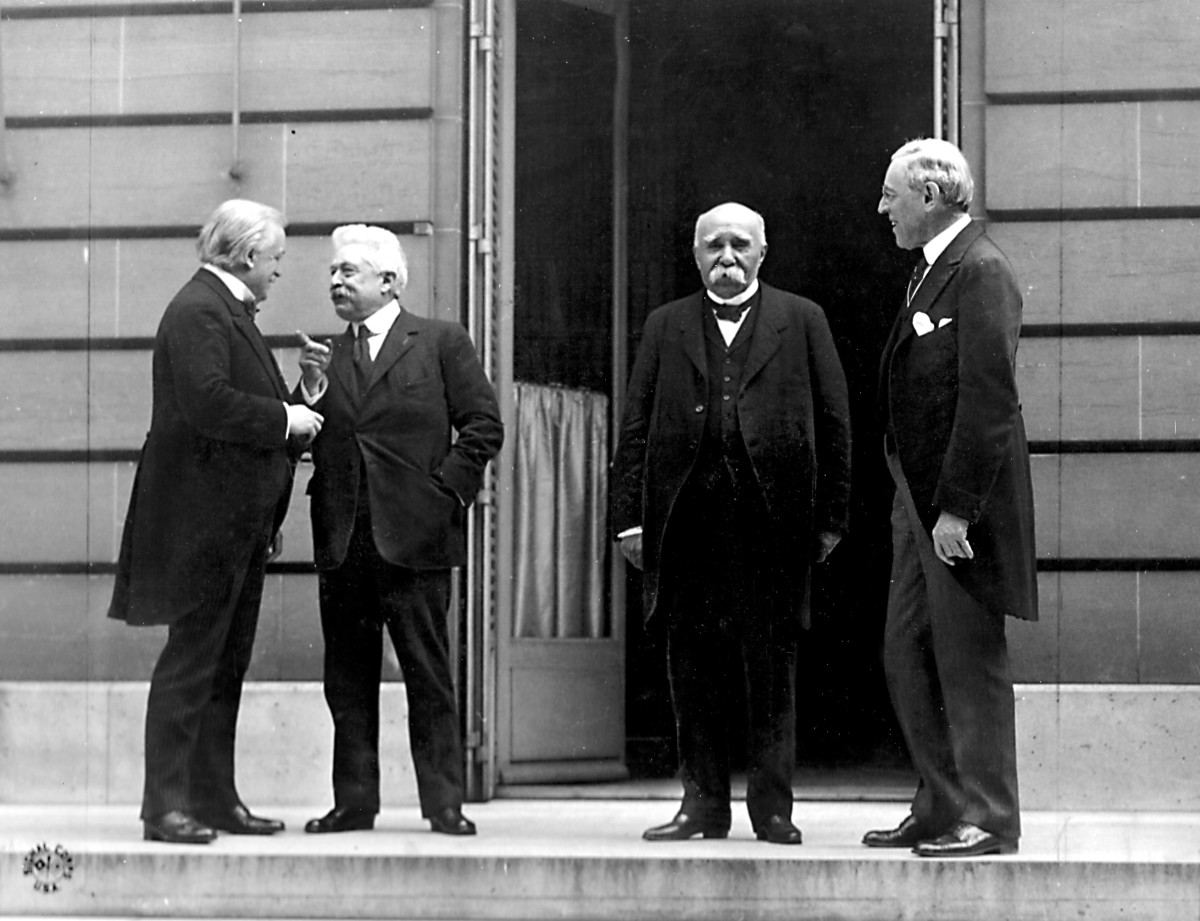We need international treaties to prevent 'War For Oil'
As oil supplies dwindle,a 'war for oil' becomes more and more likely,unless we act now.
As the world's oil supply becomes smaller, the possibility of 'war for oil' becomes greater. Many people say that a 'war for oil' is already being waged in the Middle East. The official explanation of America's wars in Iraq and Afghanistan is that they are wars against terrorism, not wars for oil. As countries around the world become more and more desperate for oil, the 'war for oil' scenario becomes much closer to becoming a reality. One way to try to prevent it is for diplomats around the world to create international treaties that would prevent 'war for oil'.
In order to establish treaties that prevent 'war for oil', diplomats must first study the situation. These studies should be done openly, not behind closed doors. One goal of the study is to determine which countries would be the perpetrators, and which countries would be the victims. We could assume that a country like Germany could be the perpetrator, since Germany has a large demand for oil, but they have virtually no oil resources within their own borders. We could also assume that certain countries might be the victims in a 'war-for-oil' scenario, for example, Saudi Arabia would be the most likely victim, since they have large oil reserves, and they have a relatively small army, so it's possible that Saudi Arabia may be attacked by an aggressor that tries to gain control of their oil supply. So, one plausible scenario might be that Germany attacks Saudi Arabia, and the Germans try to take control of the oil in Saudi Arabia.
After all the possible 'war for oil' scenarios have been presented and discussed, the diplomats would have to establish a series of countermeasures to deal with any potential scenario. One type of countermeasure would be an economic boycott. For example, suppose Germany attacked Saudi Arabia, and it was believed that their motive was a desire to control Saudi oil. In that case, the international community would organize an economic boycott of Germany. The boycott could include an immediate end of food exports to Germany, an arms embargo against Germany, and so on. International pressure could discourage Germany or any other country from engaging in a 'war for oil'.
Other measures could include a global system of gasoline rationing. Most oil is made into gasoline or other fuels, and so a global system of gasoline rationing could ease the political and economic pressure that would lead to a 'war for oil' scenario. Countries that refuse to comply with a global system of gasoline rationing would be isolated with an economic boycott organized by the international community.
The ultimate countermeasure would be joint military action. Suppose, for example, that Germany was attempting to attack Saudi Arabia, in an attempt to control Saudi oil. In that case, Germany would become the target of military action initiated by England and France. England and France would form a powerful team to subdue Germany, and prevent Germany from taking oil from Saudi Arabia. Poland may also join the British and the French in military action against Germany. After Germany is subdued, Germany would be completely disarmed, so that they could not attack another country. An international treaty that outlaws 'war for oil' would require nations to cooperate to subdue and defeat an aggressor.
Another aspect of an international treaty to prevent 'war for oil' would be a requirement for development of alternative energy sources. The international treaty would require all countries to make some effort to develop alternative energy sources, so the need for oil is reduced. If the need for oil is reduced, the possibility of 'war for oil' is also reduced. Countries that fail to develop alternative energy sources would be penalized.







